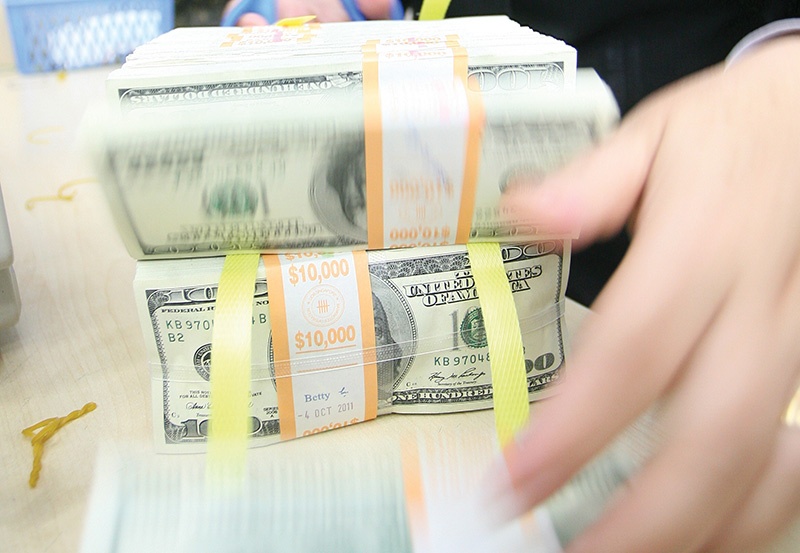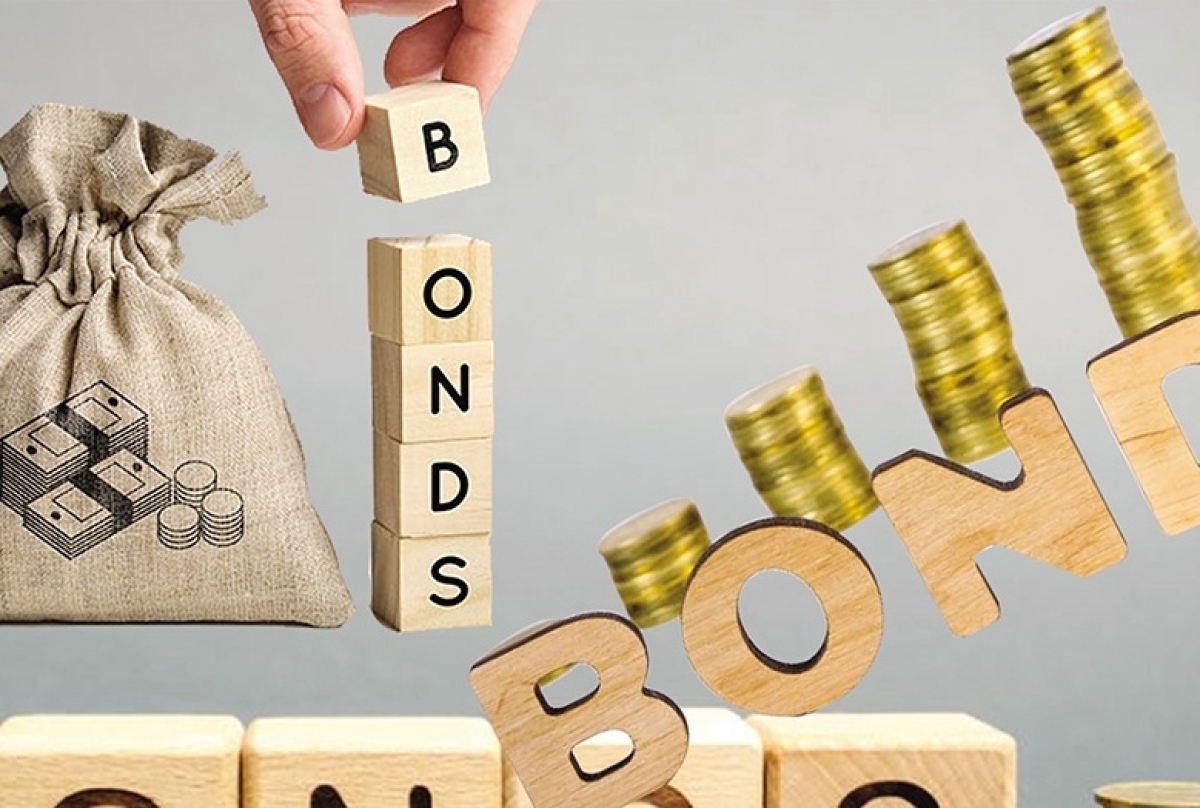INTERNATIONAL INVESTMENT
AND PORTAL
The US Federal Reserve has attempted to contain inflation, which is at its highest level in 40 years, by raising its benchmark interest rate by a quarter of a percentage point last week. Its near-term effect on Vietnam’s economy, however, could be rather limited.
 Fed moves unlikely to clip fundamentals
Fed moves unlikely to clip fundamentals
In response to the worst inflation in over 40 years, the Fed announced an interest rate hike decision by 25 basis points for the first time since 2018.
Members of the Federal Open Market Committee, who made the decision, expect another six rate hikes in 2022 to reach a range between 1.75-2 per cent by the year’s end. This also came relatively close to a broader market consensus.
Trinh Thai, an analyst at SSI Research, believed this official rate hike will not have any material effect on VND given the relative lack of reaction from the overall market except for yield movement, which saw a sharp pull downward in treasuries after the announcement.
“Instead, we believe that the VND position is characteristic of strong fundamentals, and the impact will not be a redux of the last significant tightening move from the Fed, as was the case during the flight to safe-haven assets in 2018. Bullish momentum from solid economic growth prospects will remain the key catalyst for the VND to strengthen and charge further ahead,” Thai said. “To date, the currency lost merely 0.14 per cent, which is a testament to the currency’s status as one of the best-performing currencies in the region.”
Can Van Luc, economist at BIDV Training School, also noted that the short-term impact on Vietnam’s economy and financial sector has been minimal as the Fed’s 25 percentage point rise is not significant.
However, starting in the fourth quarter of 2022, the Fed’s continuous rise in interest rates will have more noticeable effects on the Vietnamese economy in at least four sectors, though a rise in global interest rates may slow down the expansion of the world economy as firms and individuals evaluate investment and consumption, particularly with more borrowed money. This implies that consumers may have to pay more to borrow money and yet face rising living expenses, Luc said.
The rising cost of borrowing may seem counterproductive to those who are already feeling the pinch of increasing prices. Thus, Vietnam’s export demand may be lowered as a result of diminished services, which may hinder the country’s development, given its high degree of economic openness.
The Fed’s rate hike could drive the dollar to strengthen against the majority of other currencies, including the VND, thus putting downward pressure on the USD/VND exchange rate.
“However, the rate is not projected to rise substantially, as Vietnam’s foreign exchange reserves reached a record high of about $110 billion by the end of 2021, which would strengthen the buffer against external shocks and stabilise the exchange rate,” Luc added. “We maintain our projection that the exchange rate would only grow by around 0.5-1 per cent in 2022.”
In response to the rising interest rates, risk-averse investors withdrew cash from emerging economies, but this impact on Vietnam’s market would be minimal, as the country still boasts vast potential with attractive returns, Luc said.
In terms of inflation, Thai of SSI estimated that if Brent crude was to settle in the range of $85-100, this year’s inflation in Vietnam could withstand this supply shock, which implies a 4-per-cent inflation target. However, if crude oil were to stay much more elevated and hover at the levels of $120 or higher, then the average 2022 consumer price index might surpass the Vietnamese government’s target of 4 per cent.
Despite expectations at the beginning of the year for Vietnam to carry out a dovish stance on its monetary policy, the country possesses ample pivot space in its stated policy objective to pursue a more restrictive monetary policy stance.
“This could be considered in the event that inflation runs hotter than expected, in which case there might be a departure from the country’s current monetary policy to achieve the government’s wider price stability objective,” Thai explained. “Price stability and macroeconomic stability in Vietnam take precedence first. However, we do not think the State Bank of Vietnam will need to step in as the actor to ensure this objective, as the prospect of more price controls will likely be mulled instead.”
By Trung Duong



















